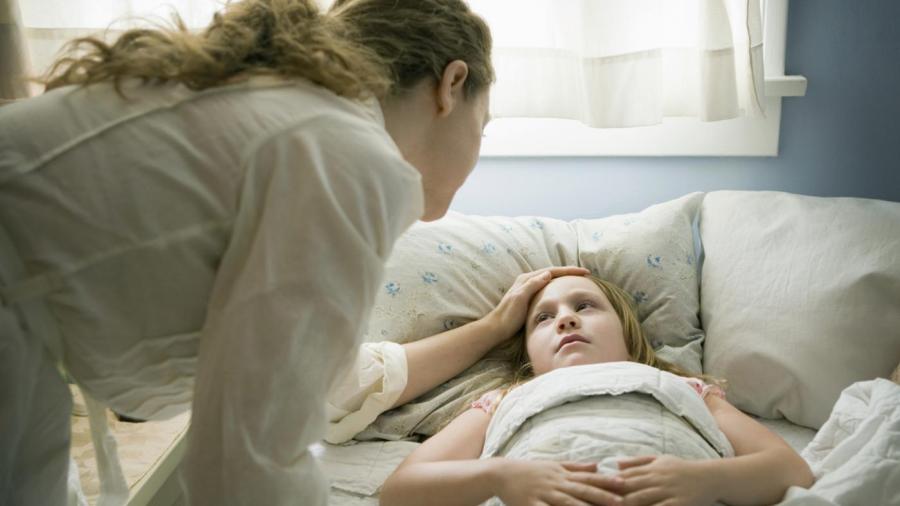What Is the Treatment for Epstein-Barr Virus?

The Epstein-Barr virus, or EBV, has no cure or designated treatment, but physicians typically recommend medications such as ibuprofen, acetaminophen and corticosteroids to relieve fever, pain and inflammation symptoms, according to Healthgrades. Patients may be advised to consume fluids regularly and maintain physical strength by getting extra sleep and rest. To prevent spleen damage, physicians may advise patients with mononucleosis to avoid contact sports and heavy lifting, Merck notes.
EBV is a virus in the herpes family that acts as a gateway to other infections, including mono. It is commonly contracted through bodily fluids, such as saliva, and leads to fever and fatigue, according to the Centers for Disease Control and Prevention. People of all ages are susceptible, but teens and adults are more likely to experience distinct symptoms, such as a swollen throat, liver or lymph nodes, an enlarged spleen or a rash.
EBV remains in an infected person’s bloodstream permanently and is periodically triggered and discharged through saliva, Merck states. The virus is often spread by kissing, sharing cups and eating utensils or sharing toothbrushes, but it can also be transmitted through semen and blood, according to the CDC. In most adult cases, physicians can perform blood tests to determine if a person has currently or previously contracted EBV. A typical recovery period is two to four weeks, but individuals may experience lasting fatigue symptoms for months.





